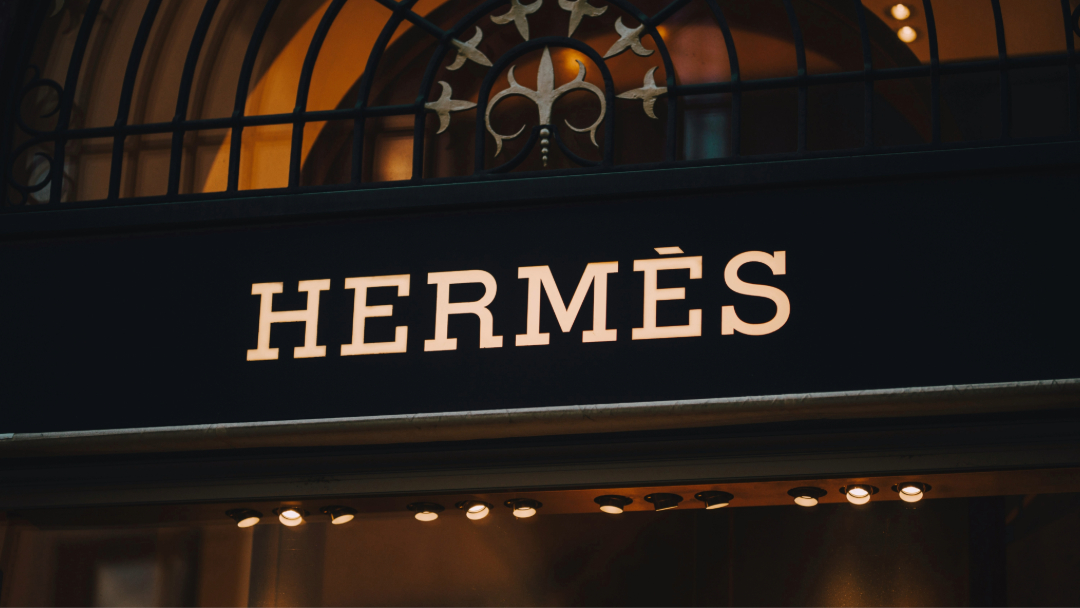Mathew L. Evins, Chairman & CEO of Evins Communications, provides insights into how the “New Economy” has transformed luxury from a “state of wealth” into a “state of mind,” meaning that consumers think and feel differently about luxury brands and products.

Recession-Proof Legacy Branding in the “New Economy”
Legacy brands are leaders in their respective industries; they engage consumers because of their emotive, enduring and enriching qualities. They possess a storied, rich history – a cultural folklore that can be shared and repeated by their constituency as if it were their own. As a result, their stories catalyze a conversation, create a shared experience and an enduring engagement which transforms an audience into a constituency of empowered advocates. Legacy brands and products set the standard by which all others are judged.
Legacy brands and products are promulgated through word-of-mouth proliferation and peer-to-peer recommendation. Advertising and marketing serve to define the image and the audience, as well as set the stage, while Public Relations optimizes brand/product mindshare, catalyzes conversation and validates choice, but it is the consumer who must have reason to become part of and to perpetuate the conversation. Legacy brands and products engage, or “pull” the consumer into their métier. They understand and embrace the philosophy and the practice that brand/product preference is far more powerful and enduring than brand/product promotion. What matters most is not promotion but perception and what the consumer feels rather than what the consumer thinks.
Legacy brands and products possess the following fundamental characteristics; benefit, cachet, experience, inspiration, passion, performance, pleasure, promise, uniqueness and a value that transcends cost. They create and sustain an interactive “passion dialogue” with the consumer. They understand that consumer adoption is far more powerful and enduring than consumer incursion.
When it Comes to Legacy Branding, Think Evolution & Not Revolution
Legacy brands and products must also consistently connect with consumers on their singularity in order to create a strong and lasting value proposition. For the first time, consumers are redefining for brands what they believe to be “customer value.” Through their own, inspiring voice, consumers today are telling brands how they feel about them and what they expect from them. If companies listen carefully enough and engage the consumer in an interactive dialogue, as opposed to a brand monologue, anything is possible.
Legacy brands engage consumers and invite them to participate in their evolution, which fosters the necessary seeded organic self-discovery for their target audience. Legacy brands involve evolution not revolution, they don’t embrace radical change as a function of the economy, they develop strategies with a vision for the long term. As always, the key is to engage your audience and transform customers into advocates who share a passion for the brand.
Today, a legacy brand’s success must also be measured by the level of engagement and transparency the brand takes with its consumers in the ever-changing landscape of social media. Brands that create an enduring conversation that supports the values of both the brand and their consumers will augment the brand legacy and relevancy both for the moment and for the future. Tapping into the intrinsic value of the brand, the engagement with consumers represents a challenge to listen more and talk less. Providing relevant and appropriate information and resources for the consumer where they exist online requires a narrowcast approach to developing their brand dialogue online.
While technology is often shunned by luxurists as faddish, the speed at which we communicate today and the ease of use that technology has allowed us must not be ignored. Successful brands are able to utilize appropriate means of technology and communication to convey their messages directly and indirectly to their core constituents. The advent of broadband has allowed short form film to evolve as an excellent means to tell a brand story in subtle and engaging ways, often without saying a word. Evidence of the artistic value of well produced vignettes has become de rigueur, as will be seen at the upcoming style lounge at the Palazzo del Cinema at the Venice Film Festival.
Brand legacies are not born overnight but are crafted over time; they are meaningful and evolve with the times and their passion for perfection remains constant. In today’s economically uncertain times, luxury brands must take a long-term view in order for their legacies to endure. Understanding the evolution of the perception of luxury in the marketplace will allow brands to better understand where they sit amongst a cadre of competitors. Brands that excel in communicating their core values, in engaging consumers and empowering their constituents to become inspired advocates will endure.
Mathew L. Evins is Chairman & CEO of Evins Communications










